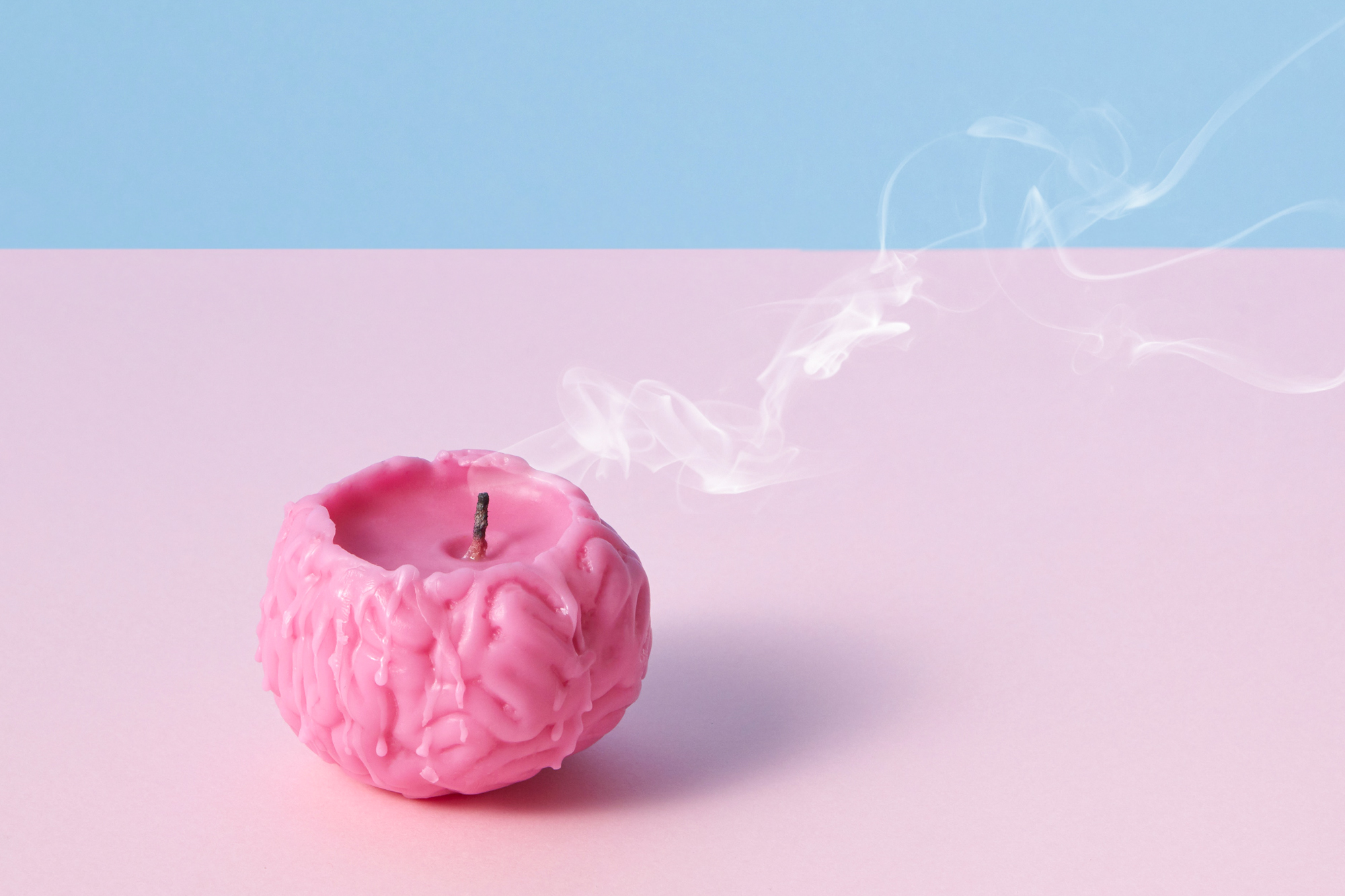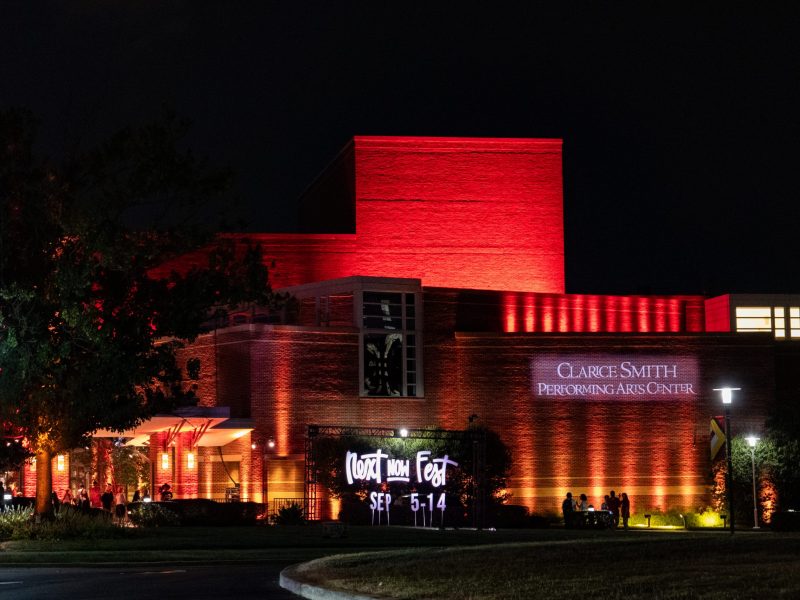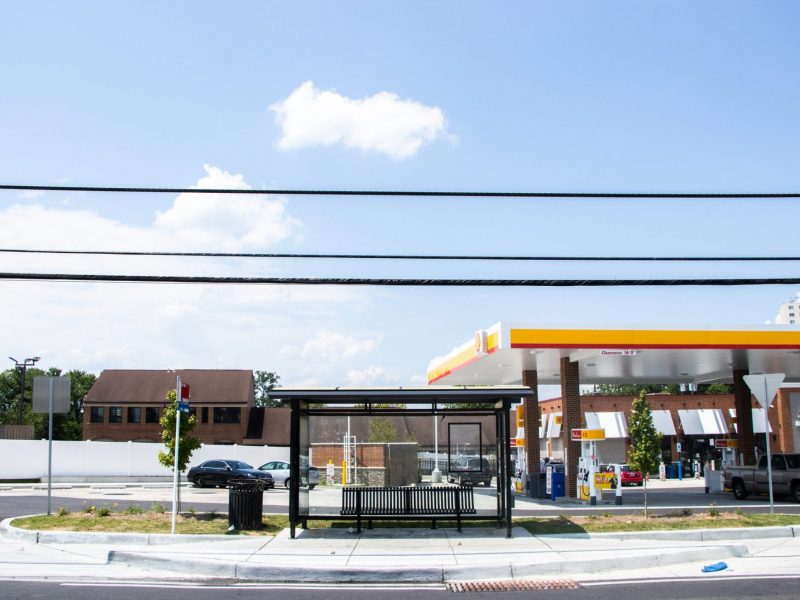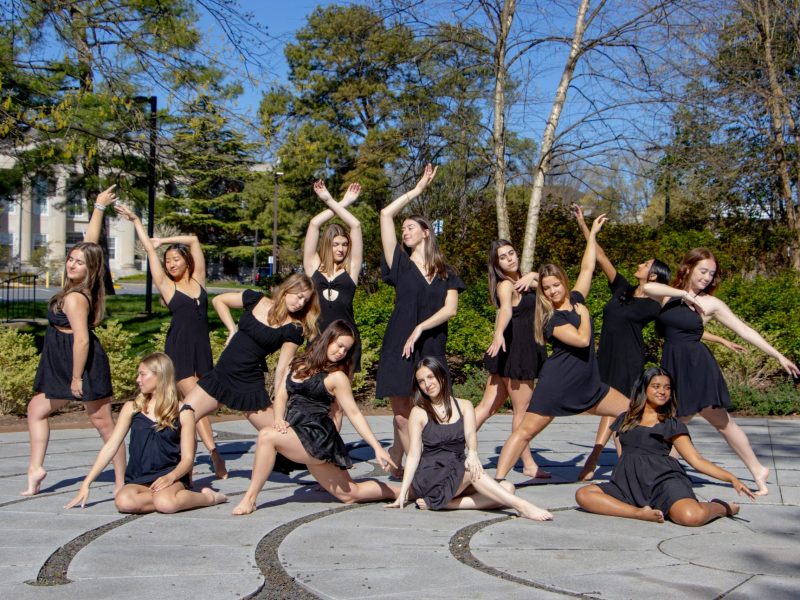To recognize Mental Health Awareness week, the University of Maryland Mental Health Coalition is hosting events from last Saturday through this Saturday to spread awareness, invite students to engage in self-care practices and learn more about what mental health means.
The week is also referred to nationally as “Mental Illness Awareness Week” by the National Alliance on Mental Illness, and has been recognized as the first week in October by Congress since 1990.
On Friday, from 12 p.m. to 3 p.m., the coalition is hosting a Self-Care Fair on McKeldin Mall that features a wide range of activities such as carnival activities, free food, therapy dogs, mental health resources and more. Student organizations such as Lean on Me College Park and Active Minds at Maryland will also be there sharing resources.
Allison Asarch, a staff psychologist and coordinator of consultation and outreach services at the Counseling Center, helped in the planning of this week’s events. Asarch said the reason the coalition chose a wide variety of events is because they knew they couldn’t take a one-size-fits-all approach to mental health.
“We want this week to be a week where everybody is focusing on mental health.” Asarch said. “And so there are events that are more focused on celebrating self care. There are events that are more focused on understanding more about one’s individual mental health. There are events particularly for marginalized students who want to focus on healing and recovery.”
She thinks of mental health as a continuum where someone can consistently be working or improving to feel more stable or satisfied with their mental health.
[‘Life is never just one shade’: Jennette McCurdy speaks to UMD about life and trauma]
“It’s really important to be paying attention to mental health so that we can be functioning in a way that works well for us,” Asarch said. “So that we can be successful in school, so that we can be connected and engaged in our relationships, feeling fulfilled, feeling supported, things like that.”
This week conveniently falls around midterm season, when exams and big assignments start happening more frequently for many students. Nathan Blanken, a junior computer science major and the president of Active Minds at Maryland, recognizes the difficulty of maintaining your mental health when you fall behind in school and have to catch up.
“It’s super important to take a break from the books,” Blanken said. “Enjoy yourself. Go get some marathon fries at two in the morning or whatever. Like, be a college student. I think that’s super important.”
There are also many on-campus and student-run resources to help students in times of need.
The co-presidents of Lean On Me College Park, sophomore computer science majors Wren Poremba and Lily Li, help organize the student-run support helpline that is available to students from 2 p.m. to 2 a.m. every day when school is in session. The help line is designed as a text line for students to reach out when they are in a non-crisis situation and would like emotional support through the convenience of texting.
[Mighty Sound of Maryland and Maryland Steelpan Collective unite for Oct. 1 halftime show]
“The thing about us is that we’re peer-to-peer support, so you get kind of a different relatability aspect that you might not get with a traditional counselor, in that you’re actually talking to another college student who’s in the same phase of life as you,” Poremba said. “And even though they have more training mental health-wise to be on the line, they can still most likely to relate to some of the problems you may be texting in about.”
Li recognizes it is important to address mental health in an effective and empathetic way, because everyone has different stories dealing with it.
“Mental health is really important because it’s really like all encompassing, it affects really at every aspect of your life,” Li said. “And I think it’s something that definitely needs to be talked about more. It shouldn’t be stigmatized.”
Sophomore mechanical engineering student Thomas Griffith practices self-care by going to the gym to escape from the stress of school and homework. He organizes his schedule so he has time to go to the gym in the mornings and sticks to this routine even when he is busy.
“I think to work on your mental health just is finding things that make you feel better about yourself in some sort of way,” Griffith said.
Even when Mental Health Awareness Week comes to a close, recognition of mental health doesn’t stop.
“I hope that students are taking with them from Mental Health Awareness Week, a goal of doing something for themselves that will help improve their mental health,” Asarch said. “That can be something that is very low effort, low investment, not time consuming, or something that’s a little bit more significant.”



